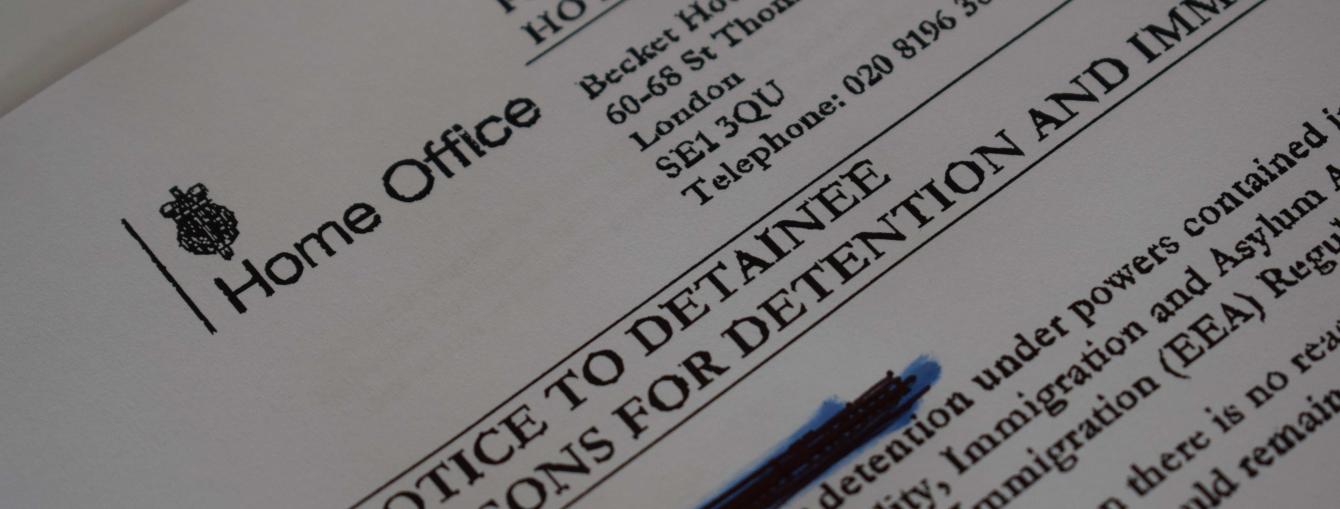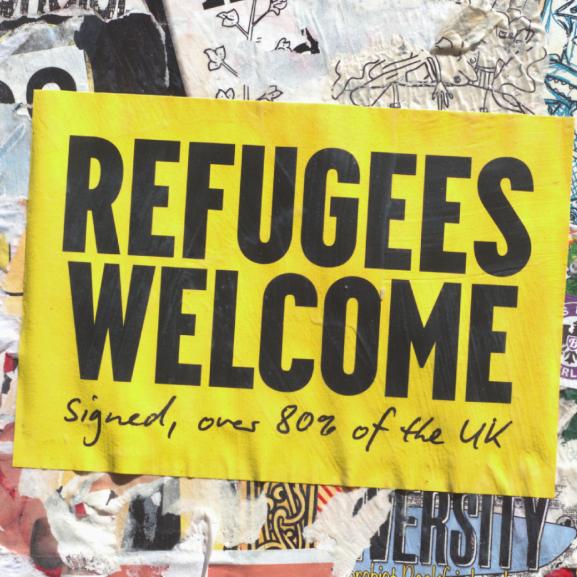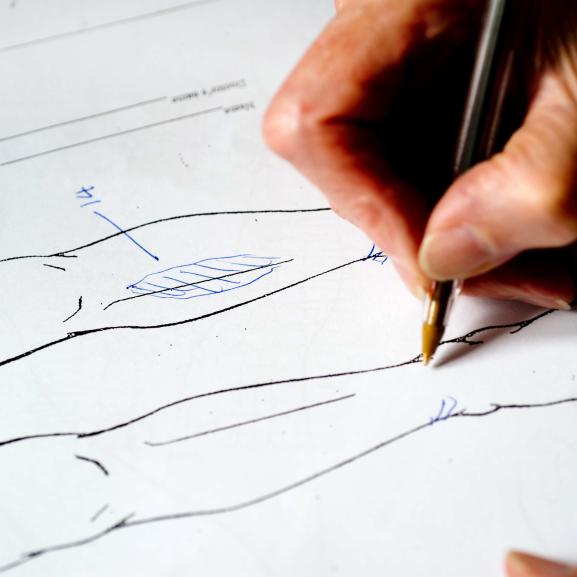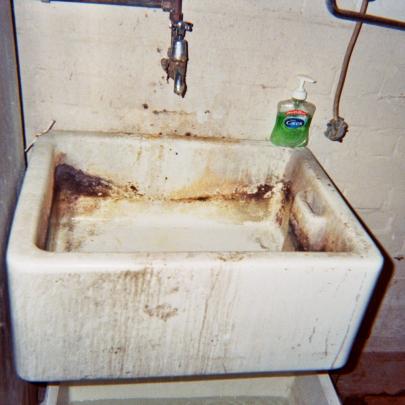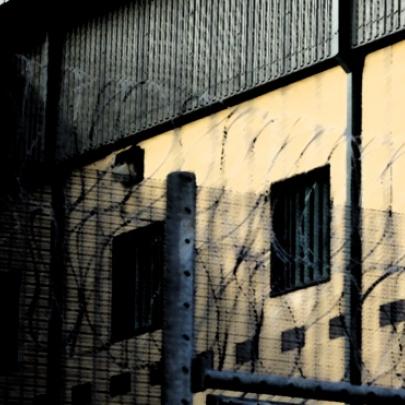Decision-making
Poor decision-making by Home Office caseworkers can be a huge problem for people who have been tortured. Through our campaigning and advocacy work, including our Proving Torture campaign, we are fighting to change this.
People who have survived torture and apply to stay in the UK as a refugee (claim asylum) often find themselves waiting months or even years for a decision on their asylum claim. Many of the people we work with find that Home Office caseworkers don't believe their story and a number have their asylum claim rejected, even when they have medical evidence to back it up.
Too many people have to challenge poor Home Office decisions in court or make new applications. All this can leave them scared and uncertain about their future, affecting their recovery.
Why are poor decisions made?
The Home Office gets decisions wrong for a number of reasons:
- The hostile attitude to immigration in the UK.
- Caseworkers have too much work and not enough time to properly consider a person's case.
- No single person has oversight of a person's case from start to finish.
Our work to help survivors be believed
In 2016, we launched our Proving Torture report to challenge the Home Office's poor decision-making.
We looked at 50 people's asylum cases who had medical evidence of torture completed by our doctors and whose cases were rejected. We found that 76% of cases had these decisions reversed by judges.
Since then, we launched a Proving Torture programme, campaigning and working with the Home Office to change this.
In July 2018, we led a coalition of charities, campaigning and community groups and faith leaders writing a joint open letter to the Home Secretary, Sajid Javid MP, to call for a more humane approach to decision-making on asylum claims.
We also gave evidence in the case of KV, a Sri Lankan man who was accused of organising his own torture.
Our victories
Since we started campaigning in 2016:
- The Proving Torture campaign secured a debate in Parliament following 42,000 people signing our petition calling for medical evidence to be used properly in asylum claims.
- We got a commitment from the then Immigration Minister to ensure that survivors of torture get the support they need.
- We submitted evidence in the case of KV and helped secure a massive legal victory from the Supreme Court. The court ruled that medical experts had a vital role in assessing torture in asylum cases and decision-makers shouldn't overrule the conclusions of a medical expert.
- We have helped the Home Office design training on how to use medical evidence of torture in asylum claims. All Home Office caseworkers who decide these types of cases now have to have our training and their decisions have to be reviewed.



